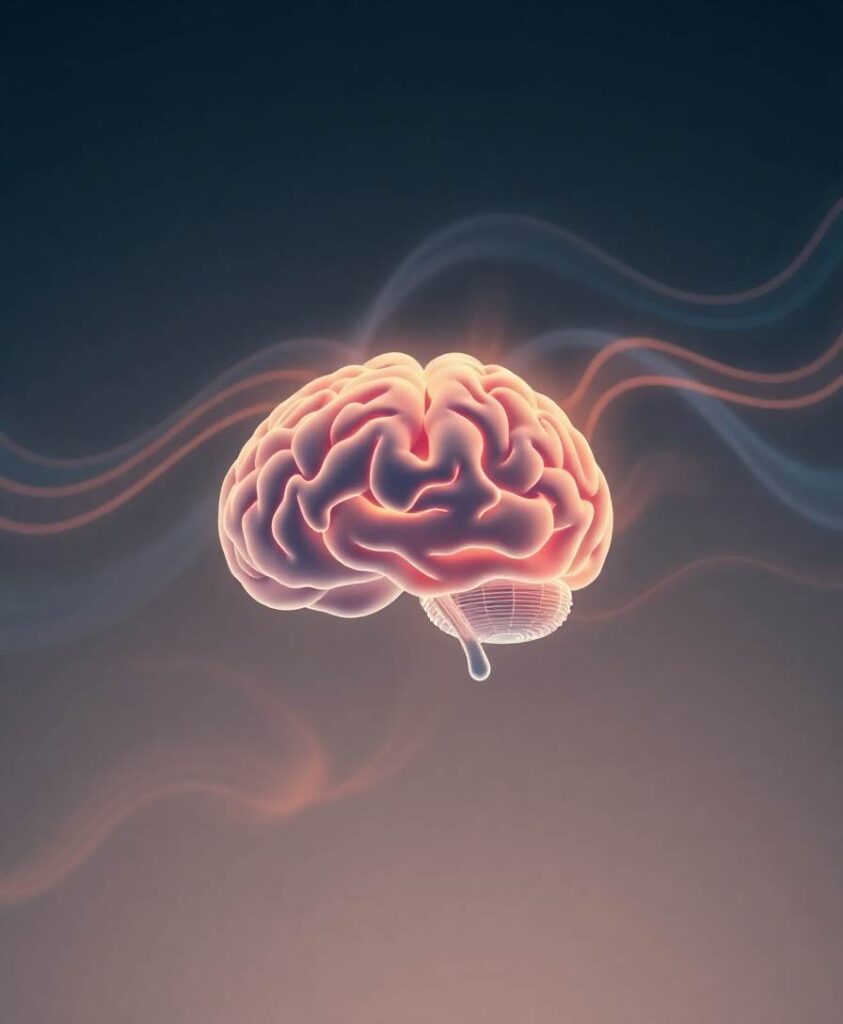Early human and animal studies point to lower consumption and reduced seeking of addictive substances when these drugs are used, but the picture is still emerging. Scientists are working to understand which aspects of reward processing change and whether those shifts are lasting, safe, and effective across diverse populations. The hope is to move beyond symptom control toward therapies that change the underlying biology of addiction.

This line of research matters because addiction affects learning, opportunity, and well-being across communities. If these medicines can be repurposed thoughtfully, they might expand the tools clinicians use to support recovery and inclusion in care. Learn more about how metabolic drugs are being tested against addictive behaviors and what that could mean for the future of treatment and human potential.
GLP-1 drugs, originally developed for diabetes and obesity, may also curb addictive behaviors by acting on reward circuits in the brain. Early trials show reductions in alcohol intake, opioid seeking, and nicotine use. Though more research is needed, scientists believe these drugs could open a powerful new front in addiction therapy.



